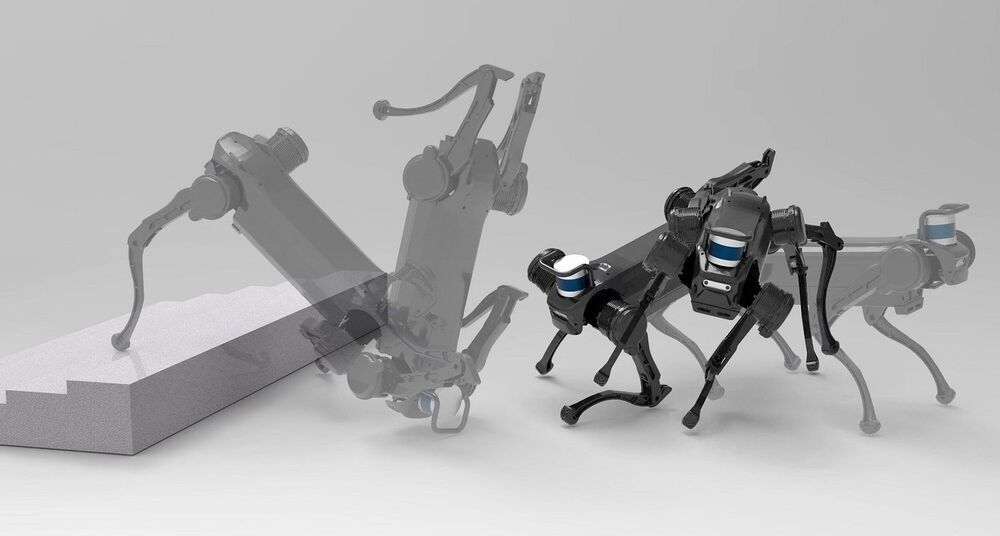Put a robot in a tightly-controlled environment and it can quickly surpass human performance at complex tasks, from building cars to playing table tennis. But throw these machines a curve ball and they’re in trouble—just check out this compilation of some of the world’s most advanced robots coming unstuck in the face of notoriously challenging obstacles like sand, steps, and doorways.
The reason robots tend to be so fragile is that the algorithms that control them are often manually designed. If they encounter a situation the designer didn’t think of, which is almost inevitable in the chaotic real world, then they simply don’t have the tools to react.
Rapid advances in AI have provided a potential workaround by letting robots learn how to carry out tasks instead of relying on hand-coded instructions. A particularly promising approach is deep reinforcement learning, where the robot interacts with its environment through a process of trial-and-error and is rewarded for carrying out the correct actions. Over many repetitions it can use this feedback to learn how to accomplish the task at hand.










Comments are closed.